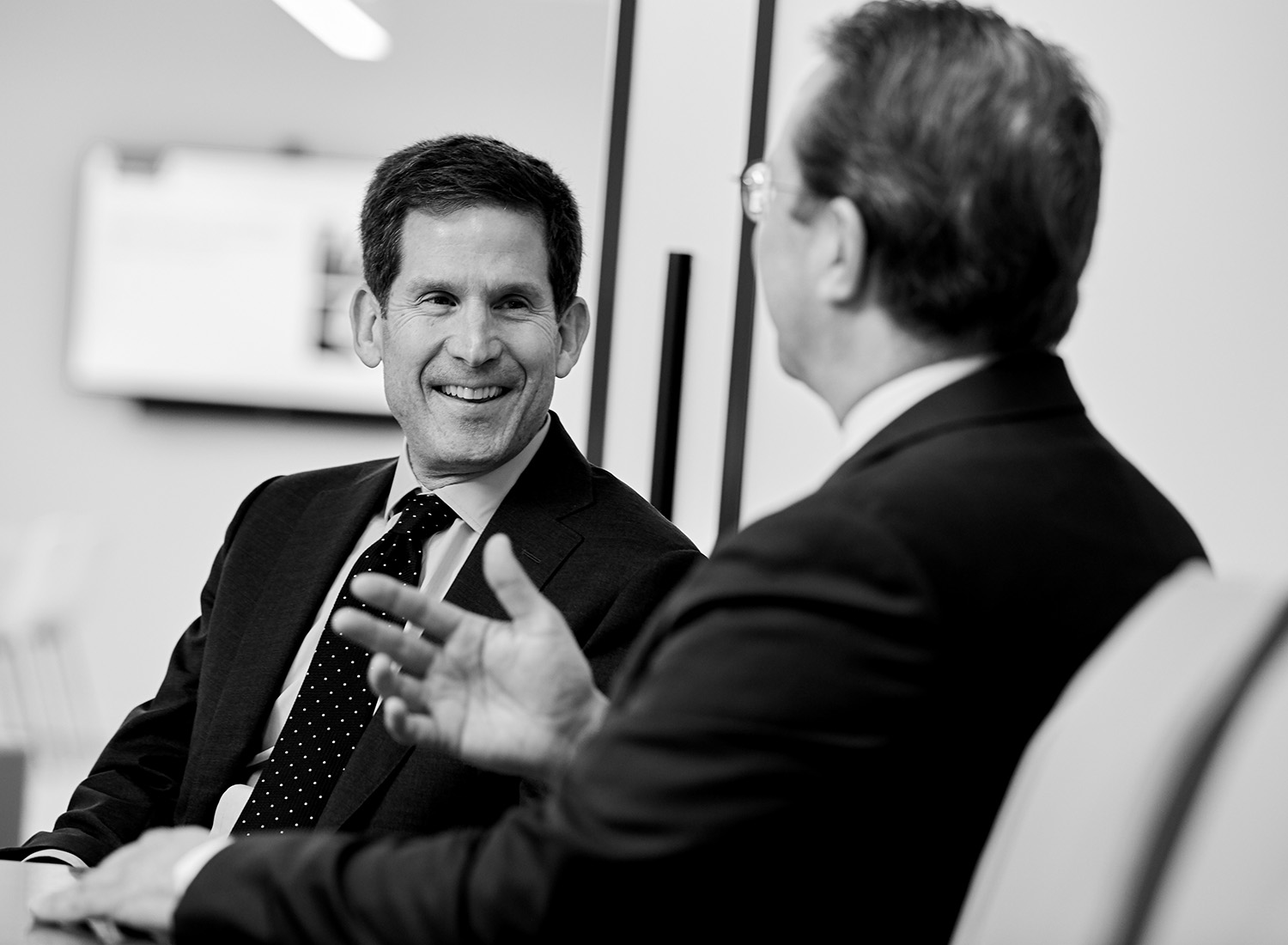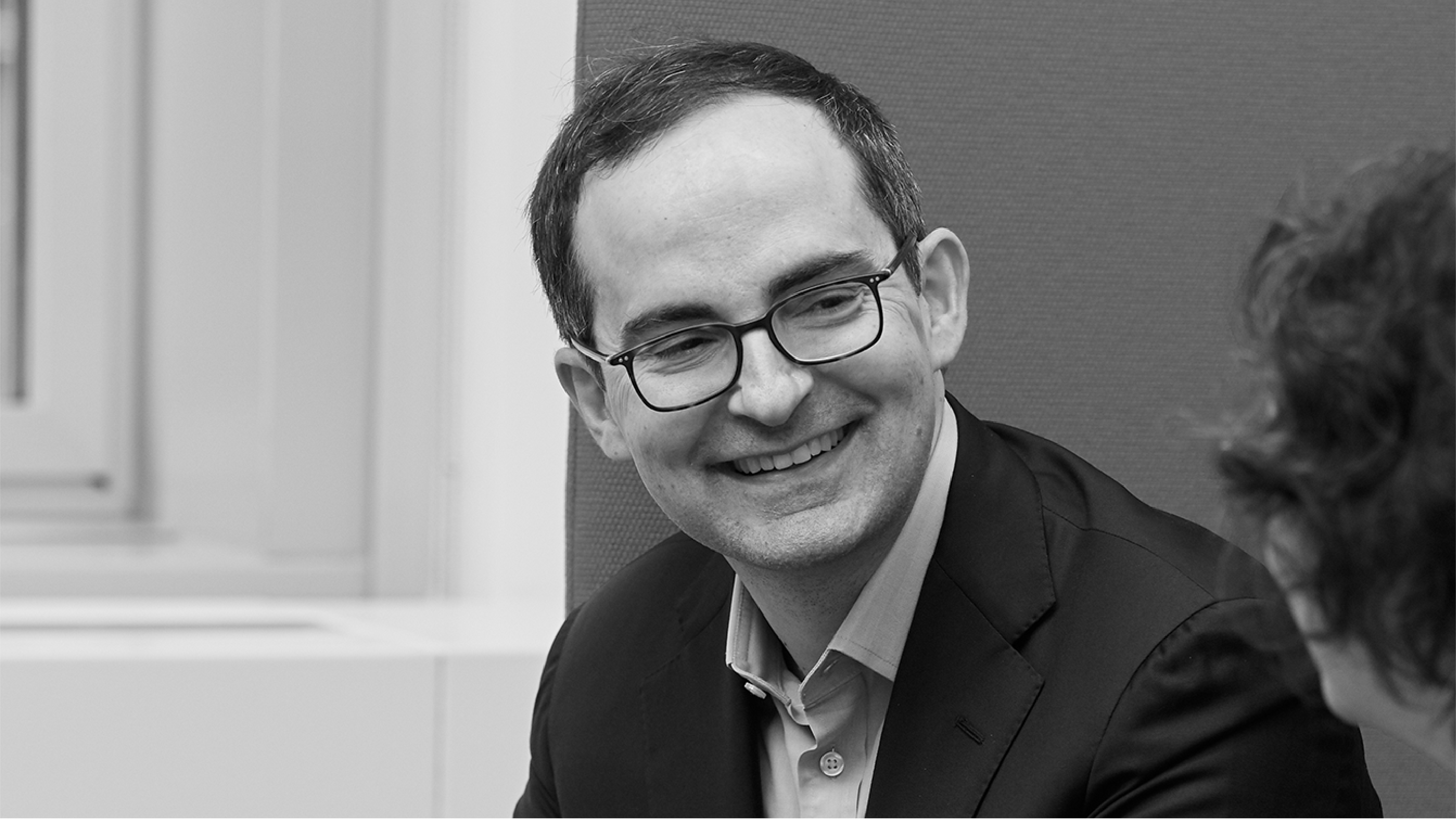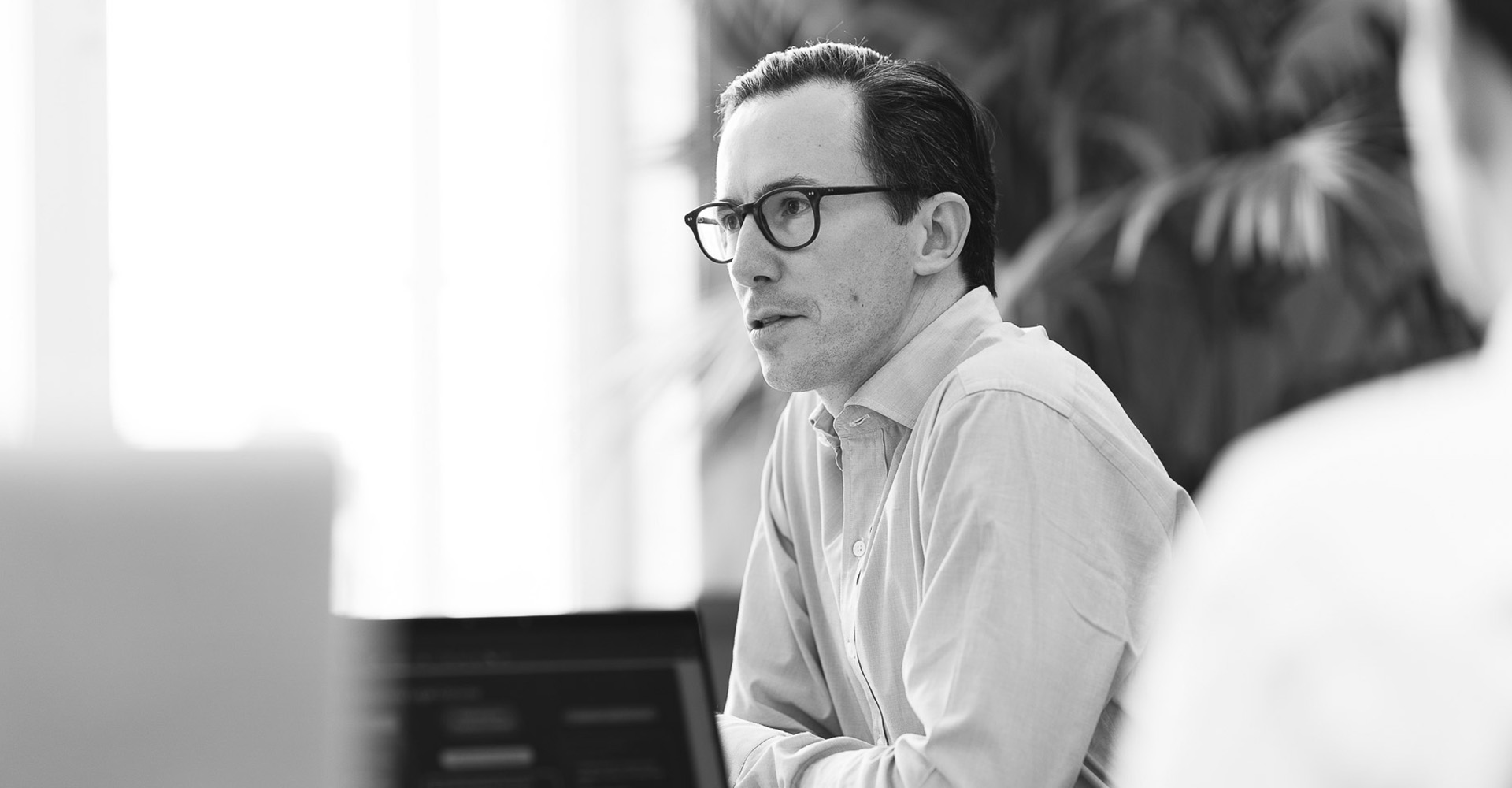Transcript below:
Romaine Bostick: We actually got a great guest coming up right now. And it's a somewhat arcane topic for a lot of folks. It's called litigation finance, and in a nutshell, it's where investment companies pool capital to fund or even just to simply profit from other companies legal actions. And it is boomed, whether it's bankrolling class action lawsuits, to taking stakes in patent disputes, to helping companies negotiate with creditors. There was a Bloomberg Law survey last year that found antitrust and commercial litigation were the most active targets in that space. As for this year, our next guest who runs one of the few publicly traded litigation funders, actually sees growing opportunity in bankruptcy and restructuring cases as corporate defaults, as we reported on this program, are anticipated to rise. Chris Bogart, joins us right now around the table, he's a CEO and founder over at Burford Capital. Chris, great to have you here.
Christopher Bogart: Thanks very much.
Romaine Bostick: Let's start talk about just broader economic trends, particularly when it comes to corporations. We've had a lot of folks on this program who've said they anticipate to see somewhat of an uptick in not necessarily bankruptcy filings overall, but certainly in corporate restructurings and corporate distress, if you will. Maybe a more umbrella term to use it. Kind of explain how a company like yours even gets involved in that and why.
Christopher Bogart: Well, you're absolutely seeing that trend come to life right now. Numbers are up all over, all across the board, and so what you have often in bankruptcies is a world where you've got no money left, but a pool of viable claims. And the question then is how do you pursue those claims? And the answer is that creditors don't want to put good money after bad and put more money into the bankruptcy state for some potentially long duration outcome. And we do that instead. So we come in, we're appointed by the courts or by liquidators or by receivers, and we put capital in against the value of those claims to enable them to be brought so that creditors can ultimately get a higher return.
Romaine Bostick: What's the sort of balance though, in determining whether you're actually going to make your money back and more importantly, profit off of that? Because there's a lot of uncertainty that goes through these proceedings, which can drag on in some cases for years.
Christopher Bogart: Yeah, there's absolutely uncertainty in litigation. Generally. I don't think there's any more uncertainty in bankruptcy litigation than there is in any other kind of litigation. We've got a 93% success rate and that speaks to how much time and energy we put into looking for meritorious high value lawsuits.
Alix Steel: How do you find what a good bankruptcy investment is? I don't even know if that's the right term.
Christopher Bogart: Well, we're generally brought in by the lawyers or by the other people involved in insolvency and bankruptcy to be a participant in the process. You know the dynamic is one that is very common. As I said before, it's a world where there are claims but no money to pursue those claims. And sometimes what you're after is just money to pay the legal fees, which as you know, have been growing rapidly. And sometimes you're actually trying to get money into the estate immediately to distribute to creditors and will put that money in against the future value of the case.
Alix Steel: Why is your area so hot right now?
Christopher Bogart: Well, litigation finance is a wholly uncorrelated asset class. And I think in times of economic uncertainty, economic turbulence, that's very valuable. All of our cash flows come entirely out of the outcome of litigation results. And those are independent of what's happening in the markets, independent of what's happening in the broader economy. And as a result, the other dynamic here is that companies and moving away from insolvency a little bit, companies are paying too much in legal fees and they don't like it. It's collateral to their businesses. It's reducing their profitability and it's not doing anything that advances their core undertaking. And they don't like that. And so we take that away from them. We pay the legal fees on their behalf.
Romaine Bostick: Yeah.
Christopher Bogart: We sometimes attach the value, and that's really valuable to them.
Romaine Bostick: That's certainly the positive. I'm sure you're well aware. This is also not without controversy. There was a GAO report a couple years ago that said exactly what you just said as far as the benefits. They also raised some concerns here about whether this just draws out litigation, whether it's too costly for the litigants themselves, the ones that you're basically representing. And I am curious as to where the balance ends up.
Christopher Bogart: Well, I think the balance, when you look at somebody like us, you know, we're a multi-billion dollar publicly traded New York Stock Exchange company. You know, just like any other investment or financial firm, we're looking for high quality assets that are gonna produce a reasonable return in a short period of time. So we're absolutely not in the business of being interested in prolonging duration or in bringing forward things that are not ultimately going to yield a good result for our shareholders. So I think those are false concepts.
Romaine Bostick: How are you finding clients, if you will, are you seeking them out? Do they come knocking on your door? How does that work?
Christopher Bogart: I think it's both. There's a strong demand, as you said in the intro. This is booming. There's a strong demand for these services. And it comes back to that fundamental point. If you're the CFO or the CEO of a big company, you are spending too much money today on legal fees. Legal fees. There are lawyers out there now who are charging $3,000 an hour. That's a lot of money. And none of that is helping your shareholders. It's all collateral to what you're doing. In fact, it's diverting operating capital from what you should be using for your shareholders. And so the ability to offload that to somebody like us is very valuable. It's a little bit like leasing for litigation.
Alix Steel: Who are your investors? Like who do you get, how do you get the pools of capital? How do you source that?
Christopher Bogart: So, we're a permanent capital vehicle. We're publicly traded on the New York Stock Exchange and the London Stock Exchange. So our capital base is the equity that we've raised, the retained earnings that we've generated plus a, you know, a moderate level of leverage.
Alix Steel: And what is the feedback that you wind up getting, say from investors? Like, how much more do they want? How big do they think that this area could grow?
Christopher Bogart: Well, if you think about law in general. Like legal fees, that's a trillion dollars a year. Global market litigation judgments, that's a multi-trillion dollar a year global market. We're happy because we've grown from a little, a little business to a pretty big business now, which means we're doing maybe a billion dollars a year of that business. A billion over three plus trillion. There's a, there's a lot of room to run here.
Romaine Bostick: I also just too, before we run out of time, I mean, obviously your business is much broader than just bankruptcy. A litigation probably one of your more famous cases. Your involvement, in that national driller in Argentina. I don't know if that's been resolved, but there was political risk in what you do as well, because, I mean, you might win a case. But if you're in a country that maybe the rule of law isn't quite the same maybe as here, you're not necessarily guaranteed to get your money.
Christopher Bogart: Look, there's all sorts of risks associated with what we do, which is why, as you said earlier, the pricing is reasonably high, which generates high returns. The Argentina case you're talking about is a classic example. In fact, of the bankruptcy problem, the holder of the equity shares in YPF, the Argentinian driller. The holder of the equity shares in Spain went bankrupt because of bad acts by the Argentinian government. That bankruptcy appointed us to take the case forward.
Alix Steel: Alright. Well look, it was really great to get your perspective. I feel like I learned a lot. Thank you for introducing me to litigation finance. Christopher Bogart, CEO and founder of Burford Capital.





